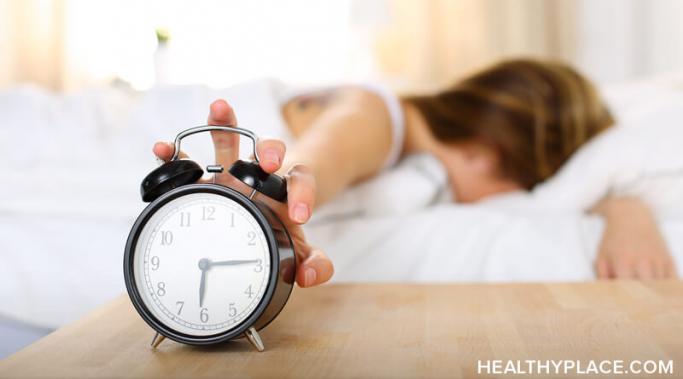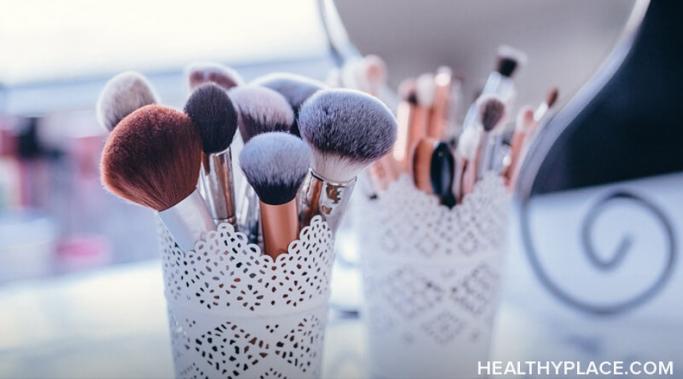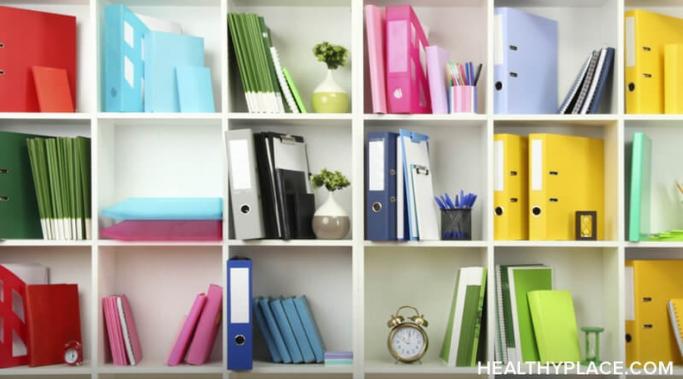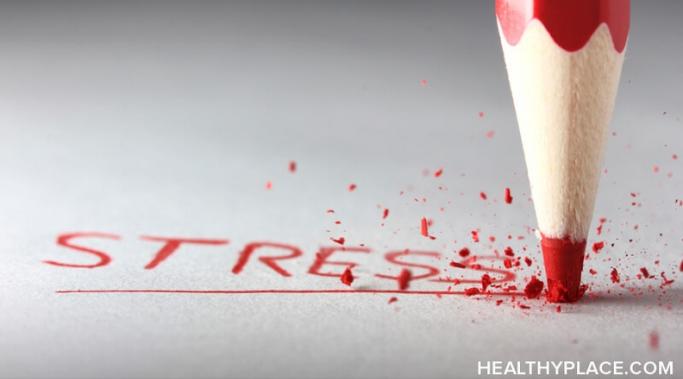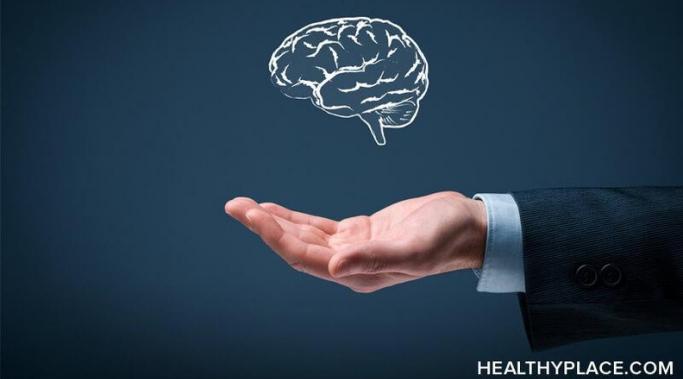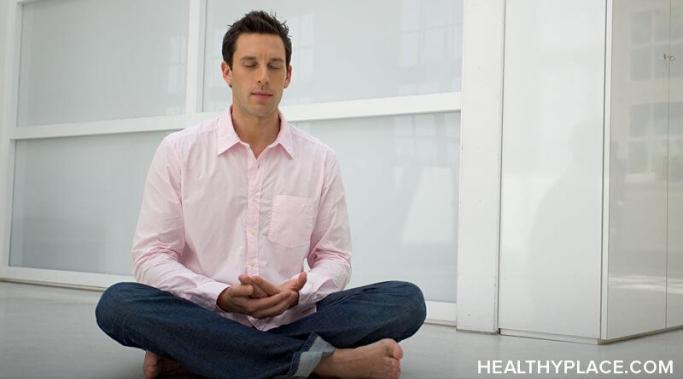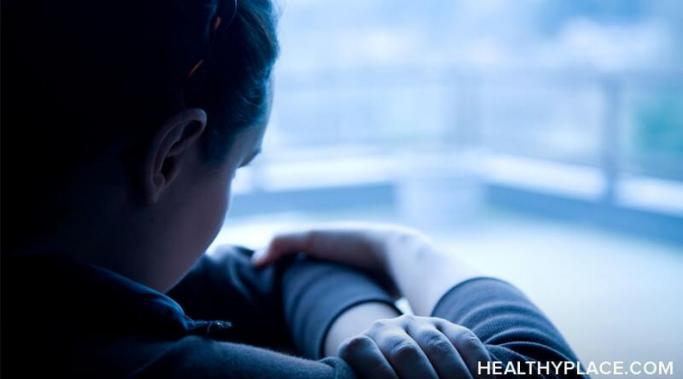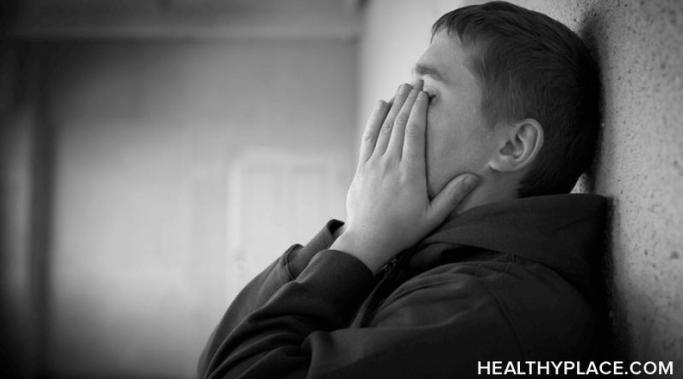Depending on where you live, the clocks were set forward this past weekend. While the clocks "springing forward" may be a time-honored tradition, the event plays tricks with my anxiety, sometimes setting me back for days.
Anxiety Causes
There are some days when I am feeling particularly anxious that it feels hard to do much of anything, and feeling accomplished is practically impossible. Creativity is usually the first to go – anxiety tends to lead to intense bouts of writer’s block. But even outside of creativity, which is hard even when one feels okay, it can be hard to feel like doing much of anything.
I often say I have too many creative hobbies. I enjoy writing, I like video editing, among others. My hobbies are an integral part of how I keep my mental health in check; so, for this blog, I want to go into a bit of detail with regards to how I make sure my hobbies help my mental health instead of harming it.
I've been drinking an average of two cups of caffeinated coffee a day for decades. This is not a lot by some standards. I relished my first "cup of Joe" in the morning, appreciating the way it got me going. That second cup in the afternoon was the delicious pick-me-up I needed. I always knew that caffeine was a stimulant, but I never quite understood how caffeine affected my anxiety, if at all.
I remember when I was in college, I had to stop into one of my roommate’s friend's rooms across the hall. When I opened the door, I felt uncomfortable – not because of anything they said or did, but because of what I saw. The room was bare – I don’t remember seeing anything on the wall, shelves, anything. I remember thinking to myself, how could anyone live in a place like this? After that, I went back to my room and just sat for a while, enjoying my familiar environment. It was the first time I realized what I need in terms of that environment – namely, lots of decorations everywhere. I have found that decorations help with anxiety.
I was gone for over a week seeing my family for the holidays, and that means I had to leave my cat, who is my emotional support animal. I had never left him alone for that long before, and even though I have a cat-sitter who I trust unconditionally, it’s always hard to leave him. Being away from my emotional support cat makes me anxious, and though there’s no way I can know for sure what he’s thinking, I’m sure it makes him anxious too.
I’ve written for this blog for a few years, and in that time, I’ve given a lot of advice for what I think are good strategies for keeping one’s anxiety under control. For that reason, It would be easy for anyone reading this to label me an “expert,” even though I don’t have the academic credentials to be labeled as such.
Anxiety has a lot to do with activity in the brain. Anxiety also has a lot to do with activity in the gut. The health of our gut plays a significant role in our mood, anxiety levels, and overall mental health and wellbeing. This means that one effective way to help anxiety is to take good care of the gut and the gut-brain axis. Read on to discover why, and learn four ways to reduce anxiety through your digestive system.
By default, I describe myself as an overall positive person. Despite that, I don’t always see myself in the most positive light, and my mental health plays a part in that. Things have been unstable because of it, and I often wonder if I will have anything resembling a positive future with my mind being how it is.
Being a cat owner, whenever I have to be away for an extended period of time, I have to arrange for someone to feed him. Every time I do that, without fail, I worry about him. It’s especially prominent during the few days before I have to leave him. It can often adversely impact my mental state for several days, so in this post, I want to explore why this may be the case.
